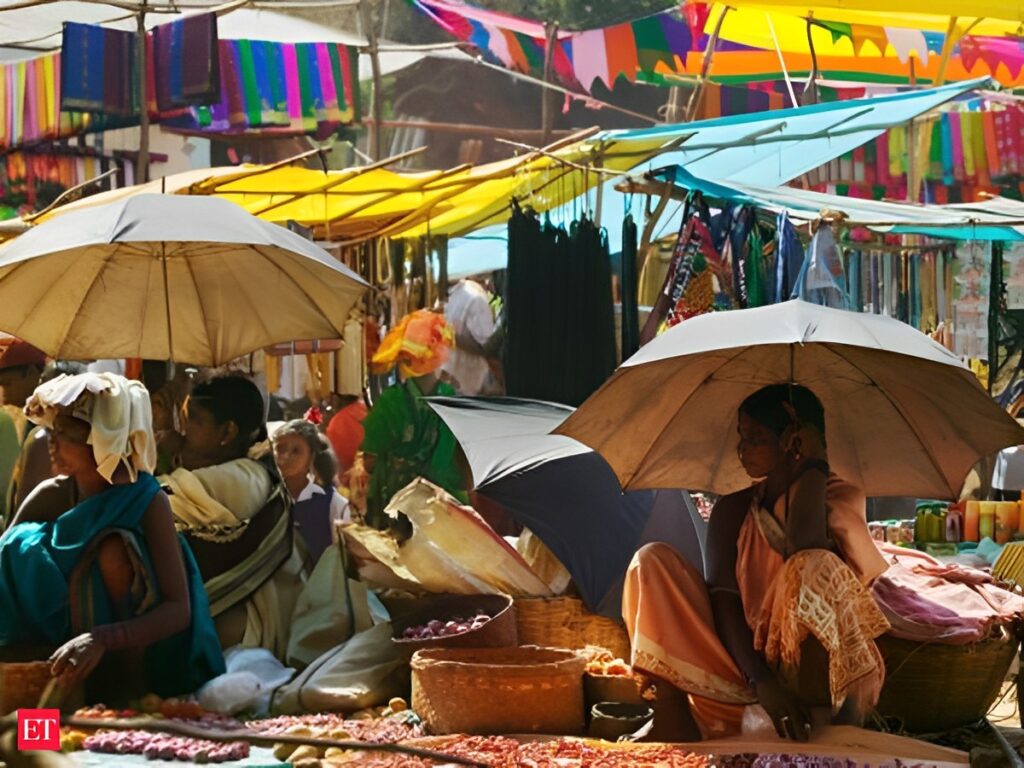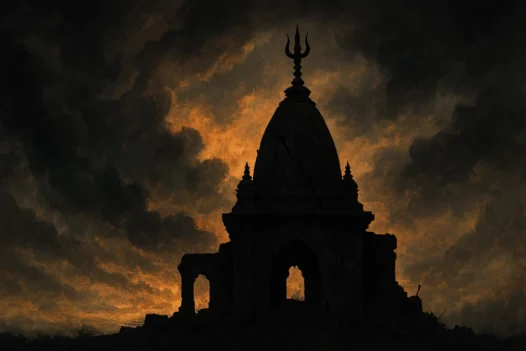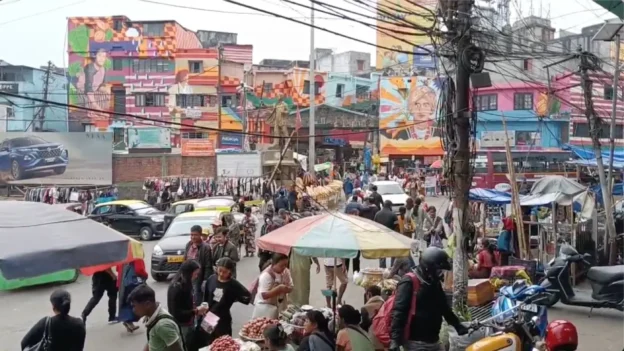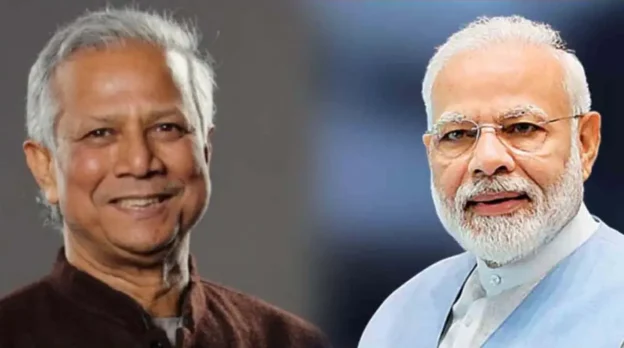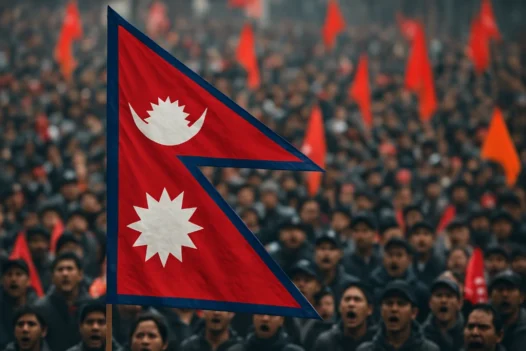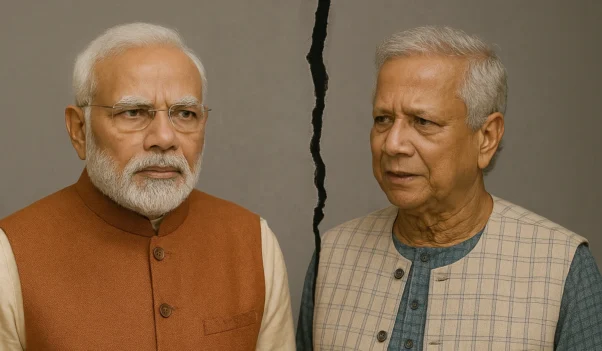New Delhi and Dhaka are in discussions regarding the potential creation of 16 new border haats aimed at amplifying trade activities between the two nations.
Smita Pant, a high-ranking diplomat within the Ministry of External Affairs, shared this information during a conference hosted by the Asian Confluence think-tank, reports suggest. Presently, the two countries have operationalised eight border haats in various northeastern states such as Tripura and Meghalaya.
Notably, the proposed new border haats, currently in the negotiation stage, are intended to be situated in Mizoram and West Bengal.
The establishment of these additional trading posts has the potential to enhance market access and economic prospects for communities residing along the border while simultaneously diminishing informal trade activities across the boundary. Border haats serve as informal markets that allow local residents to engage in trade involving locally produced agricultural and manufactured goods along the shared border.
The governments have undertaken infrastructure projects to bolster connectivity, some of which have been supported by Japan. The impending completion of the Matabari Port in Bangladesh by 2027 is anticipated to facilitate smoother movement of goods from India to Bangladesh and beyond to markets in Asia.
Furthermore, collaborative efforts are underway among India, Bangladesh, and Japan through the “Bay of Bengal Northeast Industrial Value Chain Concept,” which seeks to attract manufacturing investments to the northeastern regions of India and Bangladesh. Additionally, comprehensive economic negotiations are ongoing between New Delhi and Dhaka.
In a joint statement stemming from a meeting between Prime Ministers Narendra Modi and Sheikh Hasina in September 2022, both leaders expressed satisfaction with the finalization of a Joint Feasibility Study that recommended pursuing a Comprehensive Economic Partnership Agreement (CEPA). They directed trade officials to commence negotiations within the calendar year 2022 to ensure timely completion, coinciding with Bangladesh’s upcoming transition from the status of a Least Developed Country (LDC).

